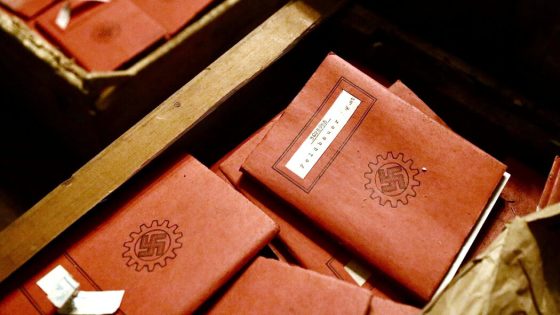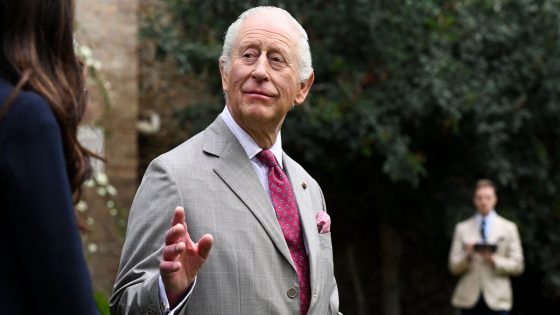Workers at Argentina’s Supreme Court recently made a shocking discovery while clearing out the basement: Nazi-era documents and swastika-stamped notebooks. This find, which includes propaganda material, has significant historical implications, especially regarding Argentina’s role during World War II.
- Nazi-era documents found in Supreme Court basement
- Discovery made during museum archive project
- Material aimed to promote Hitler's ideology
- Ceremony held with Jewish community members
- Boxes originated from German Embassy in Tokyo
- Argentina's neutral stance during World War II
These boxes, hidden for over 80 years, were uncovered as part of efforts to establish a Supreme Court Museum. The court revealed that the materials were sent from the German Embassy in Tokyo on June 20, 1941, during a time when Argentina was officially neutral.
As the court’s president, Horacio Rosatti, noted, this material could provide crucial insights into Holocaust events. What other secrets might be hidden in these archives?
This discovery raises questions about how nations confront their histories. Why is it essential to examine such documents now? The implications are profound for understanding Argentina’s historical narrative.
- Uncovered materials may clarify Argentina’s stance during WWII.
- Potential insights into the Holocaust and its impact on Argentina.
- Reinforces the importance of historical transparency.
As we reflect on these findings, it’s crucial to engage in discussions about history and accountability. How can we ensure that such legacies are not forgotten?

































